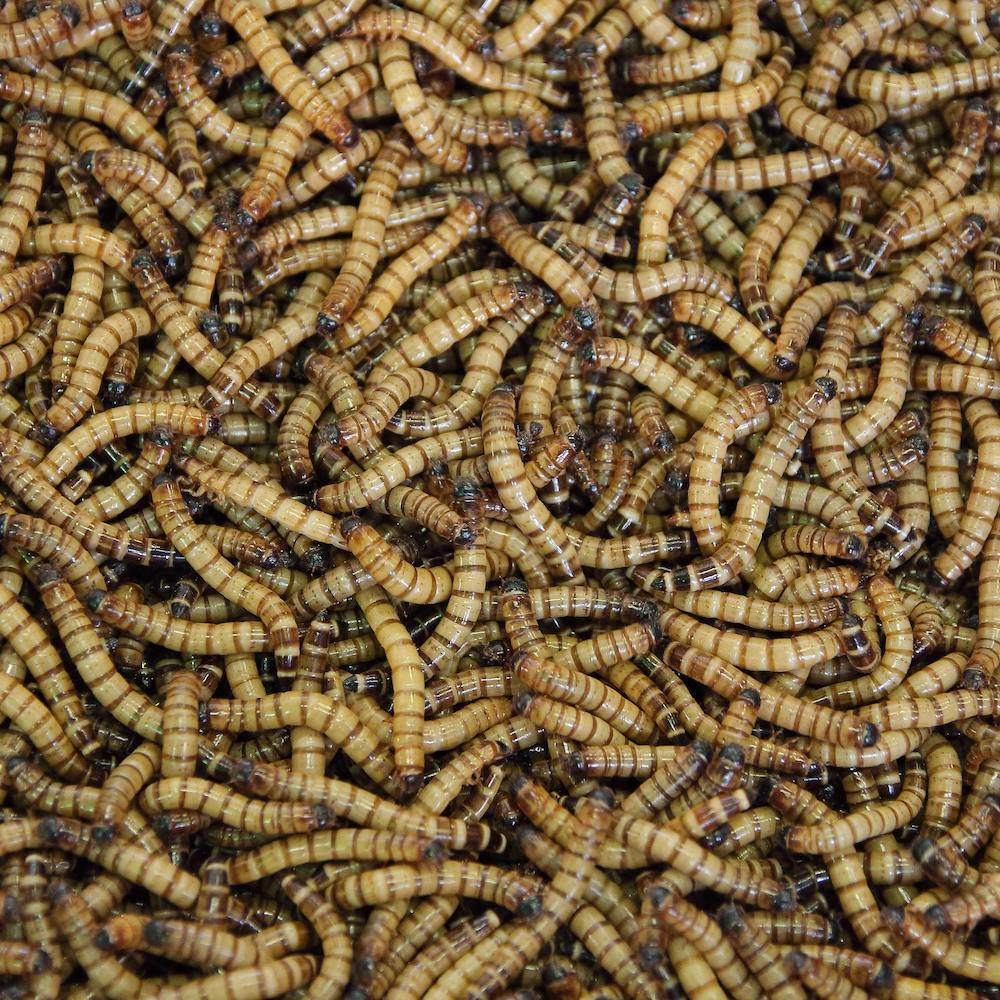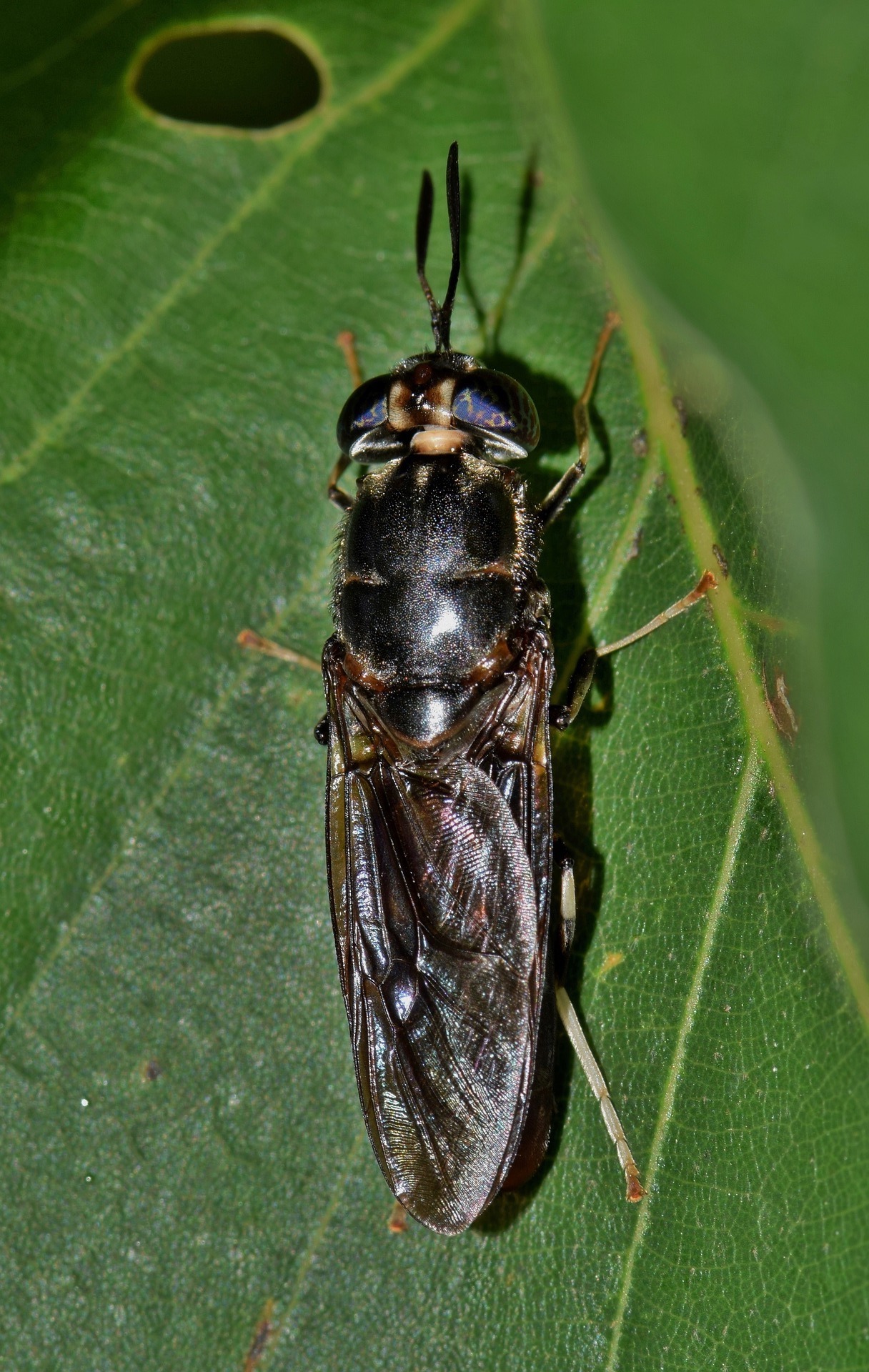Intensive livestock farming is a sector that should be replaced rather than expanded on by factory farming insects, too.
Insect farming’s contribution to replacing meat products is minimal as its market opportunities lie mostly in providing industrial animal farming with an additional source of feed. Thus, insect farming risks locking our food systems in industrial and cruel practices of animal farming. With insects expected to be reared by the trillions or the tens of trillions by 2030, and as a growing body of evidence suggesting they might feel pain, insect farming has the potential to create tremendous animal suffering.
According to European Commission experts, there is an "overwhelming lack of knowledge" surrounding the industry with numerous issues that require policymakers and the sector to move with caution. There is little information, currently, on what environmental impacts, potential to spread pathogens and disease or impacts on the ecosystem the rearing of large quantities of insects could have in Europe. The precautionary principle should therefore apply in decision-making on industrial insect farming.
To reach its objectives - as laid out in the Farm to Fork strategy - the EU should take a twofold approach.
Promote a dietary shift towards more plant-based food.
Reduce the number of animals that are intensively farmed
Insect protein production for animal feed is out of sync with the development of sustainable food systems in Europe
Though insect protein is commonly labelled as a ‘sustainable’ feed source by industry players, studies warn that this is only the case if it is produced in “extremely efficient” systems, which it is often not.
Major producers currently feed insects with co-products from agrifood industries, like fruits, vegetables, and cereal, diverting resources that could be fed to other farm animals or humans.
Consequently, along with supporting damaging industrial livestock farming systems, insect protein production risks exacerbating competition for arable land.
Insect production and genetic manipulation - a risky match?
The insect production industry has factored genetic breeding and genetic selection into its business model, and claims its competitiveness is dependent on insects growing bigger and faster than they do at present. Experience with the genetic manipulation of other farm animals, such as chickens, raises significant welfare concerns, while also posing a potential risk to our ecosystems.
Growing evidence suggests farmed insects also have welfare needs
The most recent studies on insect behaviours and capacities continuously point out that insects can feel pain and experience positive and negative states. A 2023 Scientific Declaration on Insect Sentience and Welfare highlighted that some farmed insect species were more likely to be sentient than other invertebrate species that are already protected by welfare measures. As no legislation comprehensively protects insect welfare, there is an urgency to research this topic and develop welfare measures to protect the trillions of animals concerned.
Insect protein in pet food does not replace meat otherwise sold for human consumption
Insect protein is promoted as a more sustainable alternative on the pet food market. However, conventional pet food production sources meat byproducts that are not processed into edible food for humans. Insect protein in pet food, therefore, does not replace meat that would otherwise have been sold for human consumption.










